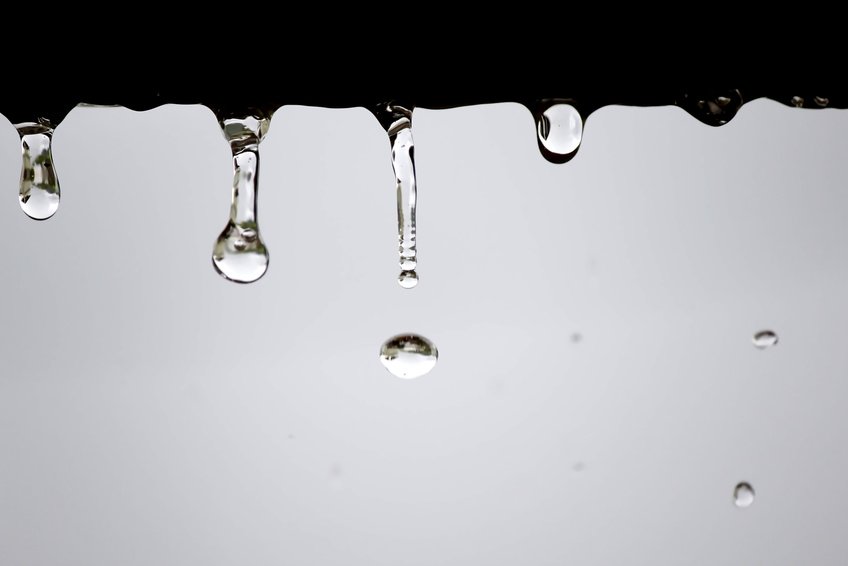There are so many advantages of having a basement in your home. For one thing, a basement allows for lots of extra space, without the risks that can come with standard two-story buildings. In certain areas, whether you want a basement or not, you’ll probably have one; they tend to be a standard for two-story homes in the west and midwest, where tornadoes are more coming. But lots of people actively seek out homes with basements, or are the very least happy to take the additional space on! Many people choose to use their basements merely as storage space; you may keep your excess items in your basement, or you can utilize it as a place to keep everything from gardening equipment to their backup freezers. However, a basement can be finished and turned into an entirely separate level of the home, with bathrooms, bedrooms, and entertainment spaces. In some cases, people can double the size of their houses through their basements. With that being said, you can’t use your basement if it becomes damaged. Today, we’re looking into how you can work to keep your basements — and crawl spaces — safe from erosion and water damage.
Basement Water Damage: How Does It Happen?
Many homeowners don’t realize exactly how big of a risk water damage is to their basements and crawl spaces. In fact, an estimated 98% of basements will experience water damage at some point or the other — though the number may be even higher. Crawl spaces are also major risk factors for water damage. It’s believed that about 15 to 20% of homes are built over crawl spaces, which are smaller than basements but still necessary in some homes when homeowners need to access wires. Crawl space insulation is often neglected, with many homeowners not realizing exactly how vital it is — and fewer still realize that waterproofing their basements is a necessity. Many assume that their basements are already waterproof upon the sale of the home, but this is not required of sellers. Basements and crawl spaces, if improperly insulated, are susceptible to runoff, and anytime there is flooding or excessive rain in an area, a basement or crawlspace is likely to be affected if they haven’t been specifically waterproofed. Something as simple as your plants being too close to your basement or crawlspace can cause flooding, as plants often direct water towards these locations. Even if you don’t think that your area is affected overmuch by water, your basement or crawl space can still be affected.
Proper Basement Or Crawl Space Insulation: Does It Really Matter?
Say you neglect your basement or crawl space insulation. What do you have to worry about? Obviously, water damage can be quite expensive to repair. In fact, in the long term, water damage can severely delay any plans you may have to finish your basement. If you house any valuables in your basement, they can easily be damaged along with your home’s foundation, and the repairs and replacements can potentially cost you thousands of dollars. When you lack the proper crawl space insulation, on the other hand, anything in the crawl space will be damaged in turn; as crawl spaces often contain electrical wires, this can potentially be dangerous for anyone who enters the crawl space unawares. Mold can also be an issue once water damage affects these spaces. Many people are allergic to the mold that can grow in a basement or crawl space affected by water damage. While mold removal services are certainly options for those affected by water damage, you’ll probably be better off invested in properly basement or crawl space insulation ahead of time.
Insulating Your Basement Or Crawl Space: What Next?
Keep in mind that, first and foremost, basement waterproofing and crawl space waterproofing should be handled by professionals. Only professional insulation companies can identify the sources of water damage properly, and help you take the proper steps to patch the damage points, and insulate the space against further damage.


